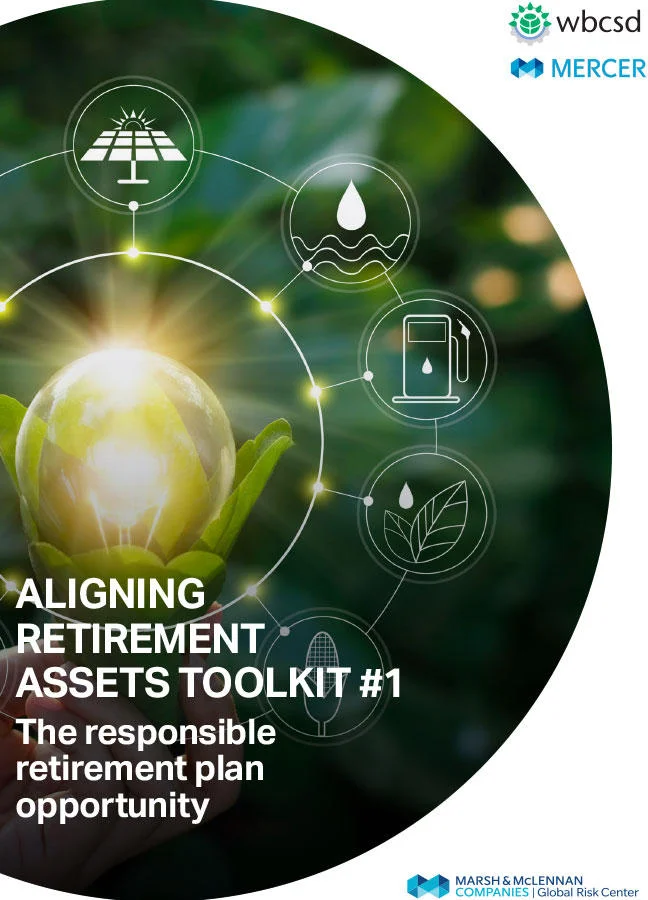
Published
03 December, 2018Type
PublicationResponsible investing, which involves taking a longer-term and broader perspective on environmental, social and governance (ESG) risks and opportunities compared to traditional investment approaches, has been shown to potentially lead to positive investment outcomes over the long-term.
Due to the enhanced prospects of outperformance, as well as ancillary benefits, responsible investment is an area of increasing interest among institutional investors as well as the general public. Reflecting the growing awareness that responsible investment could lead to better investment performance of retirement plan participants’ and beneficiaries’ assets, and often driven by employee interest, a growing number of employers have been evaluating how to integrate responsible investment approaches into the retirement plans they offer.
Some employers who have successfully integrated responsible investments into their retirement plans have found that employees – particularly younger ones – tend to save more for retirement when offered investment options that reflect their values.1 Spurring such employee engagement is of interest to employers of all types, however developing and implementing an effective and durable responsible retirement plan requires both dedication and a careful, thoughtful approach.
